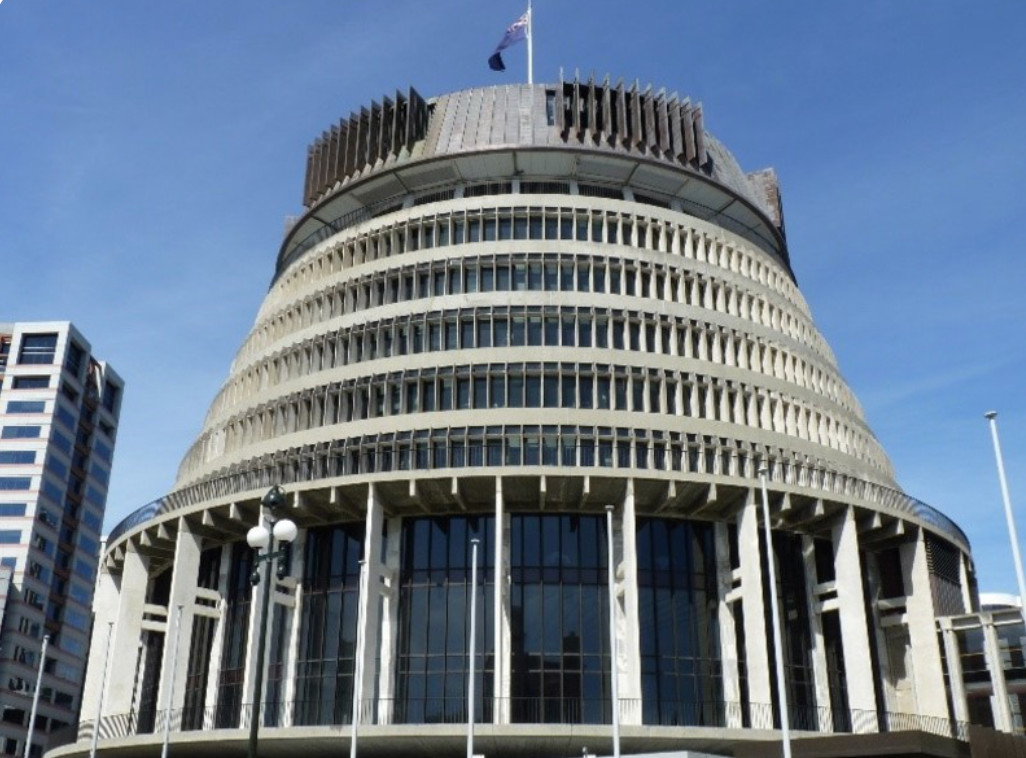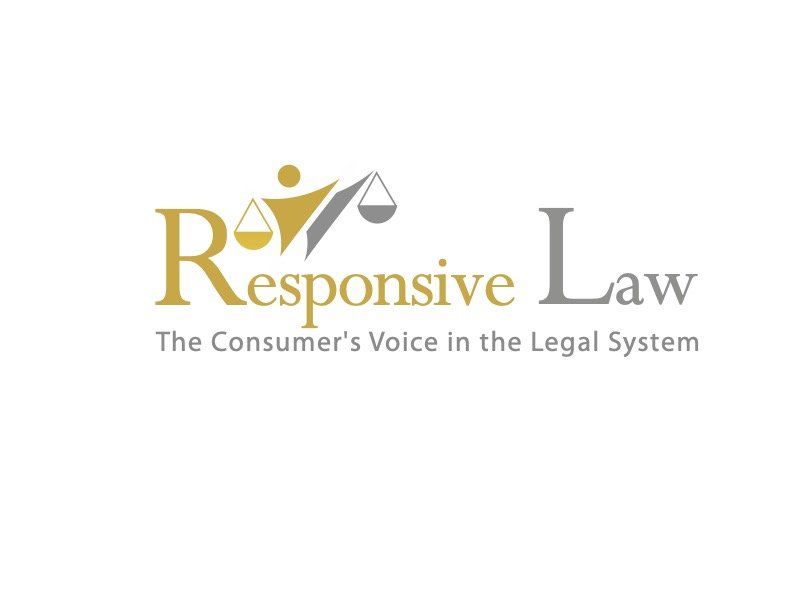Regulation and NDAs
The Law Society, its priorities and why the LSB must act
Over last few months I have been asking the Law Society and its President, Christina Blacklaws to reconsider its practice note on NDAs (You will need to register to read this but there is no charge). I have raised the issue on LinkedIn and Twitter and I have e-mailed the President and her CEO on the subject. I have received no reply and no engagement on the issue. Let me explain what concerns me with the practice note, what could be done to remedy the situation and what lessons we might learn from this episode.
Most readers will be familiar with the background to concerns about the use of NDAs and in particular certain types of clauses. The #metoo campaign and the revelations of the settlement between Harvey Weinstein and Zelda Perkins are well publicised. The many stories we have seen raise concerns about how employers handle allegations of harassment and discrimination, using confidentially provisions to avoid scrutiny of the employer. NDAs might even be used by senior staff to protect themselves from Board level scrutiny. Do Board’s know much about the use of NDAs in their business? Of course NDAs are a useful tool for employers and employees – they help provide a framework for settling disputes without further escalation, and often employees gain as much as employers. In the end it is a matter of public policy – for Parliament to decide on their use and limits. But here I am focused more on the ethics of lawyers when using NDAs under the instruction of employers.
The issue with NDAs and the ethics of lawyers is perhaps best tackled by the University College London’s Centre for Ethics and Law publication: “ Ethics and NDAs ” in April 2018. The SRA also issued a warning notice in the same month and addressed the issue in its November 2018 “ Balancing duties in litigation ” report. The Law Society’s practice note finally followed in January 2019. Professor Moorhead led the critique of that practice note in his written evidence to the Women’s and Equalities Select Committee.
The problem with the guidance is that it does not support the SRA warning notice. It is woolly and gives too much room to solicitors to use clauses that risk the silencing of appropriate reporting to the police or regulators, or perhaps even giving evidence in trials. We know there are problems with solicitors’ behaviour in this area.
The SRA has confirmed it is investigating a number of lawyers and firms, and at least one solicitor has been referred to the Solicitors Disciplinary Tribunal. Zelda Perkins said in her written evidence to the Women’s and Equalities Committee that “ As recently as last month, 12 top UK firms when approached were willing in principle, to draw up NDA’s, which CLEARLY break the SRA’s warning notices. ” Whatever the effect of the debate so far it does not appear to have solved the problem of solicitors improperly advising in cases where NDAs are used.
It may be that the use of NDAs in sexual harassment cases will be restricted. Regardless of what Parliament does the Law Society can do better.
Some of its material beyond the practice note is better. It advertises a webinar on 11 June with this from Paul Macfarlane: “You can't be prevented from reporting a crime. You can't be prevented from reporting a protected disclosure to a regulatory authority. You can't be prevented from co-operating with a criminal investigation. You can't be prevented from keeping or receiving a copy of the agreement.”
The Law Society could also provide significant support to solicitors on both sides of an employment dispute on how to comply with their ethical obligations. It might even draft new standard clauses on reporting and confidentiality. Many solicitors would welcome this given the level of debate about the need for better standard clauses. It could offer leadership and look outwards by engaging publicly with all the interested parties as these are developed.
But it does not. As I have said before, it still looks inwards. The Law Society continues to ignore demands to amend or withdraw the guidance; that is undermining ethical lawyering. They should withdraw their guidance; an amended version that is consistent with the SRA warning notice would be pointless repetition.
Senior city employment lawyers tell me of other lawyers not understanding their obligations, relying on the Law Society guidance rather than the SRA warning notice and thereby risking the rule of law. If we were to do a survey of solicitors – across the market; trainees through to senior partners; in-house; high street and city firms – asking about the status of Law Society practice notes and their relationship to regulation, what would we find? I fear, confusion.
Some of this is because Law Society has not come to terms with the loss of its regulatory role. Its advice to solicitors and firms is rarely clear that it is the advice of a professional body or trade association with no role in regulation.
I hear from several sources that the original draft of the NDA practice note, written by the executive with expert input from specialist and employment lawyers, was effective and consistent with the SRA warning notice. However, I am told that it got redrafted by the Policy & Regulatory Affairs Committee, chaired David Greene. Is that an example of political interference with the work of experts? Or more crudely the interests of solicitors being put ahead of the public interest?
This is why, in the end, this is a regulatory issue that the Legal Services Board (LSB) needs to consider and learn from. Its Internal Governance Rules on how the Law Society should relate to the SRA, given that they are the same legal entity, offer some direction to the Law Society when issuing its own guidance: it should “ ensure that it does not contradict [the SRAs warning notice or guidance] ”.
Let us hope the LSB is watching this, and in due course, will take action. In the meantime I am sure that the Law Society will show the leadership that its membership deserves. It must withdraw the practice note and find other ways to support solicitors comply with their regulatory and ethical obligations. That so many solicitors have acknowledged the problem and are casting around for solutions, appears to be an opportunity that an outward looking Law Society would seize.
This is the long/unedited version of a blog that first appeared on The Times Legal Brief today, with a supporting story (behind paywall).











